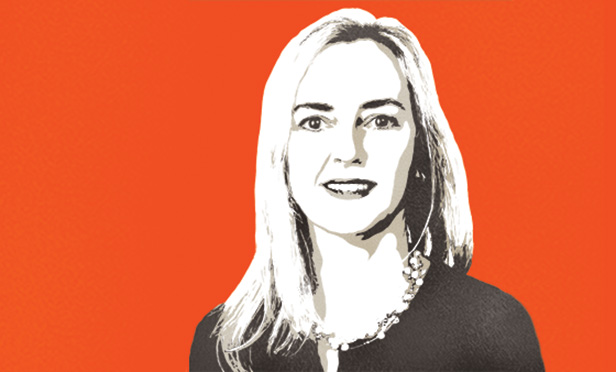

The Securities and Exchange Commission has been widely criticized for failing to define the term "best interest" when it proposed, and eventually passed, its Regulation Best Interest for brokers.
Since the rule took effect on June 30 — and the enforcement hammer looms — industry officials' efforts to decipher exactly what "best interest" means have escalated.
To help broker-dealers and advisors comply with the newly effective Reg BI — as well as the customer relationship summary, or Form CRS — the agency has released frequently asked questions guidance, and did so again at this writing in mid-October on Form CRS.
(See related: SEC Chief: Firms 'Meeting Their Obligations' on Reg BI)
After Reg BI was passed last June, SEC Chairman Jay Clayton attempted to explain the difference between Reg BI and fiduciary duty:
There are all types of "fiduciary" duties, he said, but he zeroed in on an investment advisor's fiduciary duty. "It's a combination of care and loyalty. You owe somebody a duty of care, and you can't put your interests ahead of their interests," Clayton said.
"Best interest on the broker side has many of the same elements, but we want people to understand that the investment advisor space, and the broker-dealer space, are different," he continued.
But the industry remains unclear as to exactly what "best interest" means.
Ron Rhoades, director of the personal financial planning program and assistant professor of finance in the Gordon Ford College of Business at Western Kentucky University, who was recently awarded the Tamar Frankel Fiduciary prize by the Institute for the Fiduciary Standard, told me during a recent Human Capital podcast that eventually the SEC or the Financial Industry Regulatory Authority — the enforcer of Reg BI — is going to have to explain it.
"FINRA has indicated that it's going to interpret Reg BI, and I'm very cautiously pessimistic about their interpretation of that," Rhoades said. "If Reg BI is nothing more than suitability plus a few more disclosures, and we know that disclosures really don't work; investors don't read them, and even the few that do read them don't really understand them … then basically we just have suitability standard plus a little bit of disclosure."
With Reg BI, Rhoades said, the SEC "is taking this phrase 'best interest,' which has an established legal meaning, and is redefining the English language. The question is: how are they going to redefine it?"
Rhoades maintained that there's still "a lot that we don't know about Reg BI," including "how the term 'best interest' is going to be interpreted. We don't know how the duty of care in Reg BI is going to be interpreted."
Further, the name of Reg BI is "inherently misleading," Rhoades argued.
"The term best interest has been used for centuries to describe acting for another in their best interest. It's basically equivalent to the fiduciary duty of loyalty. Even here in the U.S., they have over 900 judicial decisions that use the term [that way]….
"Now we're going to have brokers who don't have a fiduciary duty of loyalty under Reg BI — the SEC is clear, this is not a fiduciary standard — they're going to be able to say: 'We act in your best interest.' But you really can't do both: you can't represent the buyer and the seller."
Is Reg BI going to improve the standard of conduct for brokers?
"Yes," according to Rhoades, "but it remains to be seen how much of an improvement. It certainly won't eliminate conflicts of interest. It will certainly minimize a few," such as sales contests. "And hopefully it will lead to structures of broker-dealer firms that call for level compensation. We've already seen some indication of some firms that it might actually lead to lower levels of commissions."



